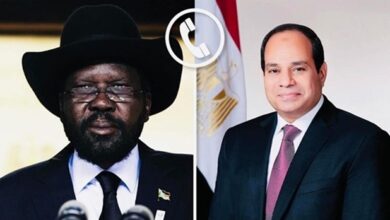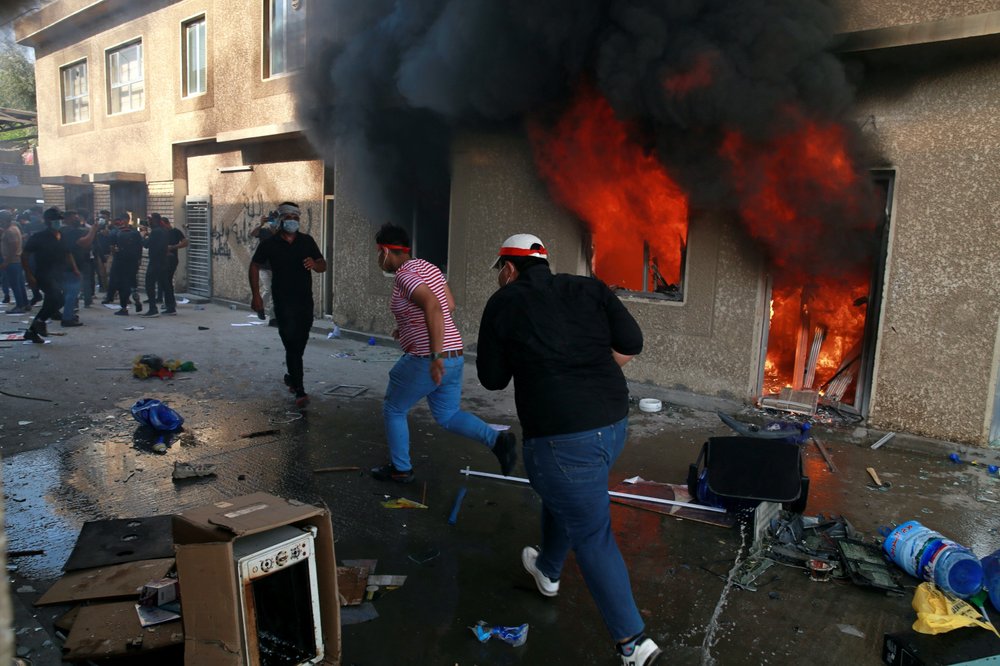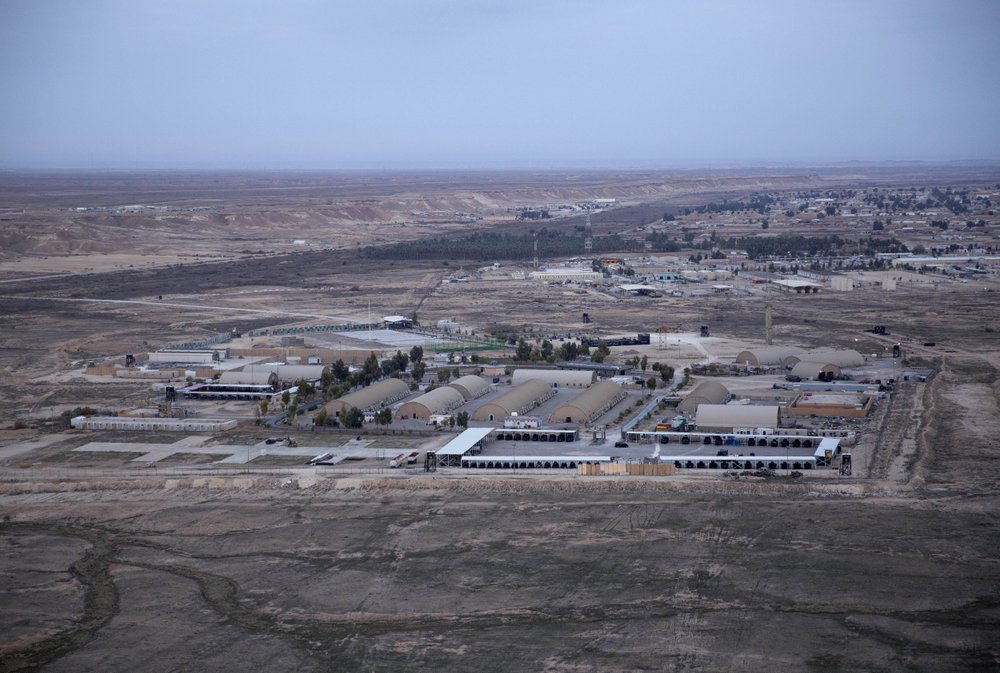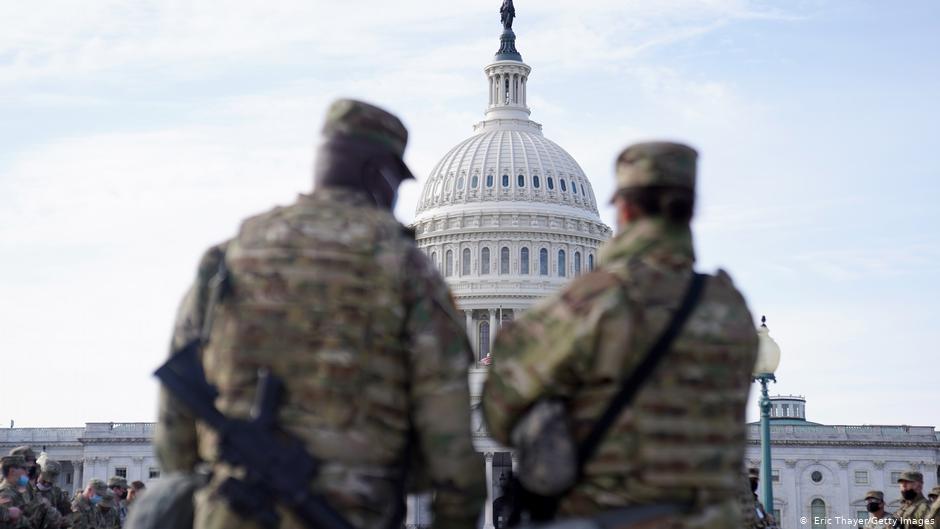Juba — At least 31 people were killed in a clash between south Sudan's army and rebel militia fighters, the army said on Wednesday, the latest violence to unsettle the region ahead of its independence in July.
Sudan's south voted to separate from the north in a January referendum promised under a 2005 peace accord that ended decades of civil war. The underdeveloped region, the source of most of Sudan's 500,000 barrels per day of oil, has been beset by violence which has killed hundreds since the vote.
Twenty southern army soldiers were killed on Tuesday in a clash in the oil-producing Unity state with fighters loyal to Peter Gadet, a former senior southern army (SPLA) officer who rebelled this month, the military said.
"They (the rebels) overran a village in Mayom county. They burned it to the ground before the SPLA chased them off," said southern army spokesman Philip Aguer.
Two drivers were also killed when two civilian trucks hit landmines in the same county, Aguer said.
The rebels fought alongside Misseriya tribesmen from the north, Aguer said.
Southern leaders have accused their former civil war foes in the north of arming the renegades to try and destabilize the region and keep control of its oil, charges Khartoum denies.
The Misseriya who drive their cattle south to graze during the dry season claimed sole responsibility for the attack.
"We attacked an SPLA base in…Unity state to return 1700 cows that the SPLA had stolen from us," said Ismail Hamadein, a senior Misseriya official.
He said 11 of his tribe died and 22 were injured during the attack on Tuesday, but said they had no links to Gadet.
NORTHERN STAFF EXPELLED
Unity authorities responded to the latest violence by expelling northern Sudanese staff working in oil-producing areas of the state, underscoring the risk from rising tensions.
"Unity State have ample evidence that these militia are being encouraged, sponsored, organized and planned by elements in the national government," the state's Information Minister Gideon Gatpan Thoar said.
Oil is the lifeblood of both economies and how to share the revenues after separation remains unresolved. Southern oil is currently spilled roughly 50-50 with the north, and the south will still have to rely on pipelines in the north after July.
The United Nations has said more than 800 people have died in the violence in South Sudan this year stemming from tribal fighting and clashes between soldiers and at least seven bands of renegade fighters in the territory.
Analysts have warned any further deterioration could destabilize the whole region. South Sudan's neighbors include Kenya, Uganda and Ethiopia.
Renegade fighters have accused the south's government of corruption and crackdowns on opposition supporters, charges denied in the southern capital Juba.
Rights group Human Rights Watch (HRW) has accused both SPLA and rebel fighters of human rights violations during a battle in Upper Nile State in March.
Aguer dismissed the allegations against the SPLA.
The south has fought the north for all but a few years since 1955 over differences in religion, ideology, ethnicity and oil. The conflict has claimed an estimated two million lives.




